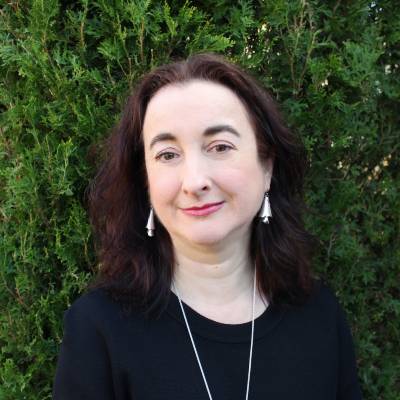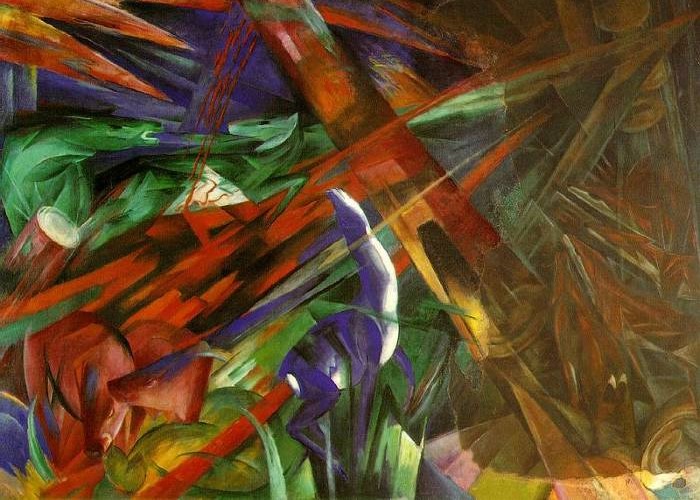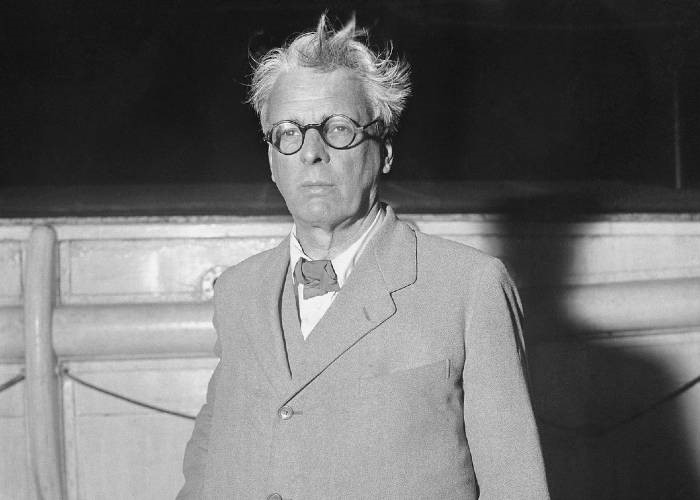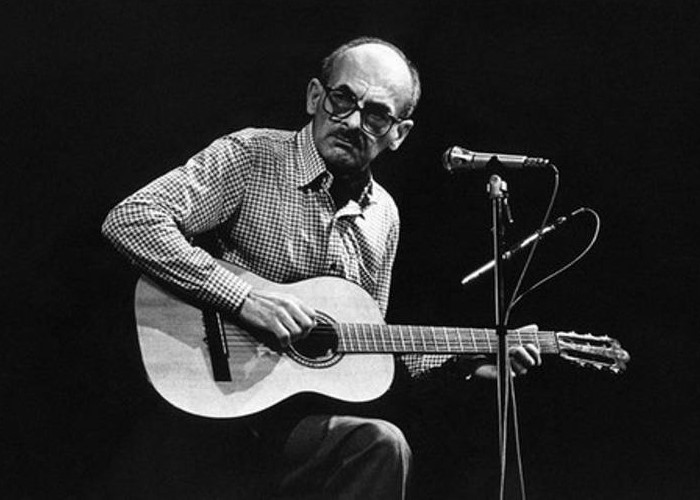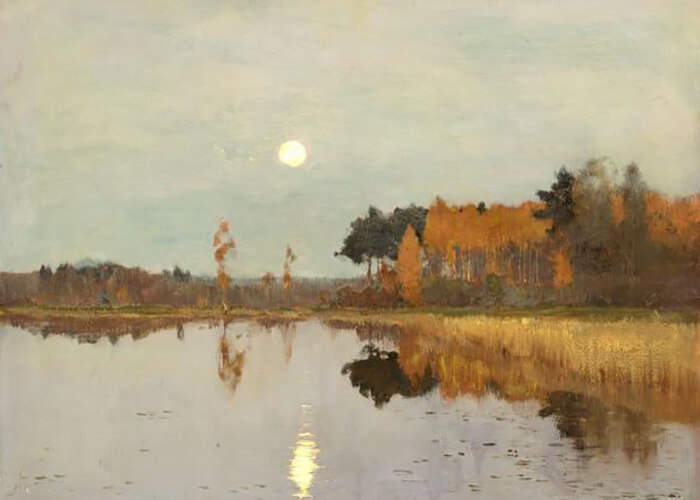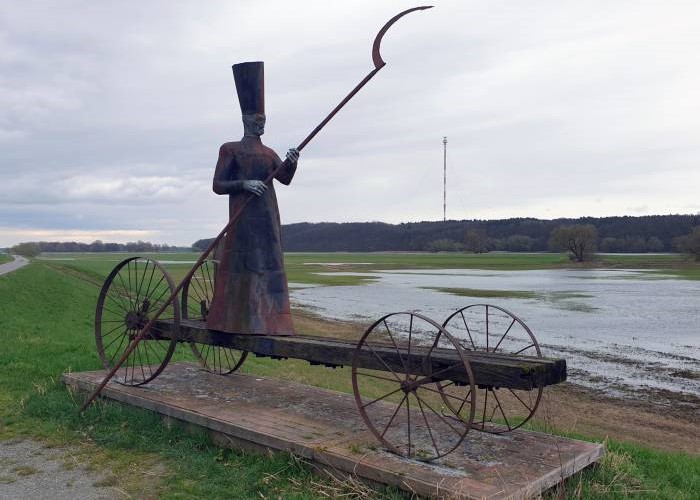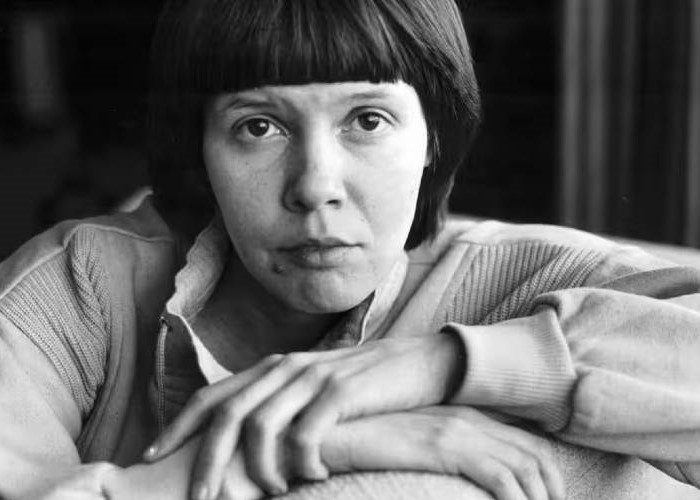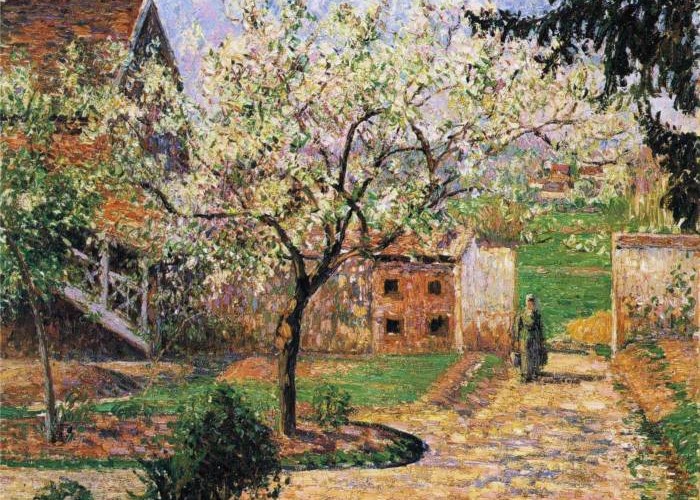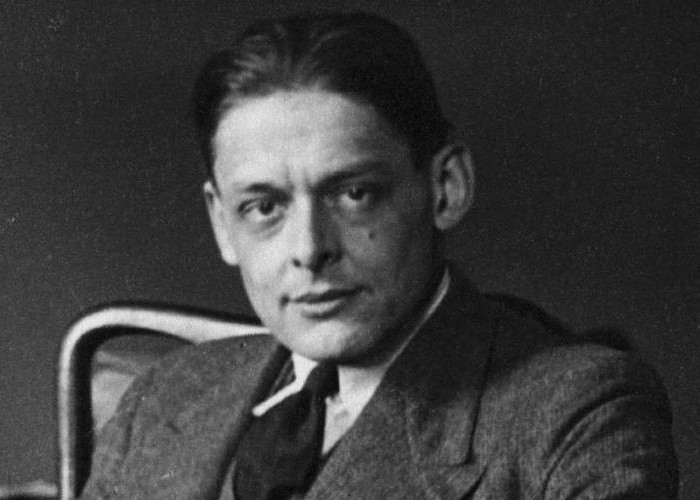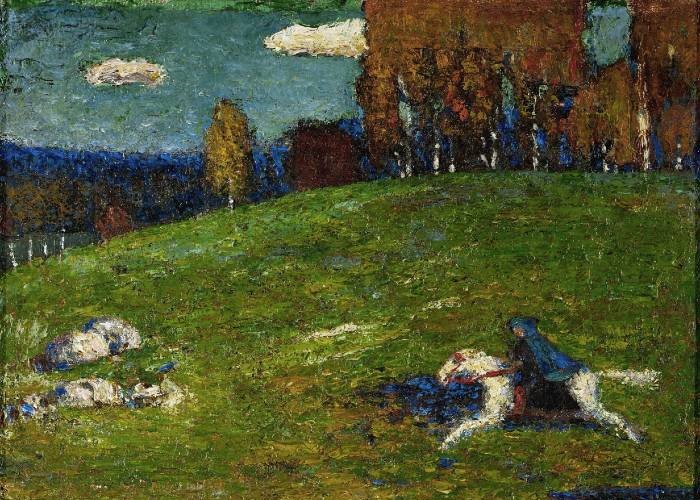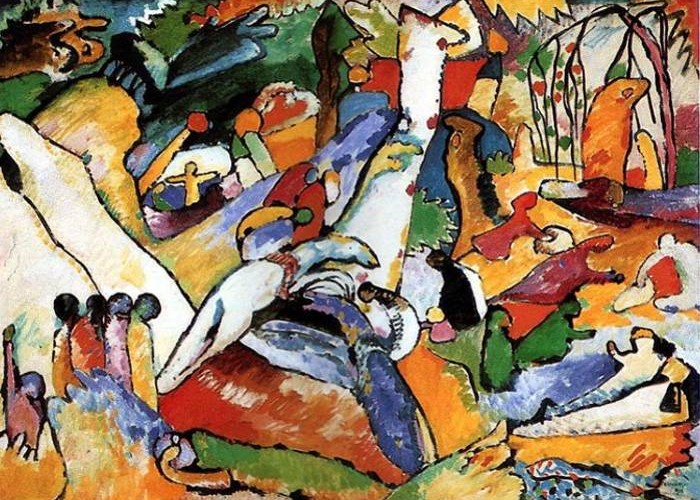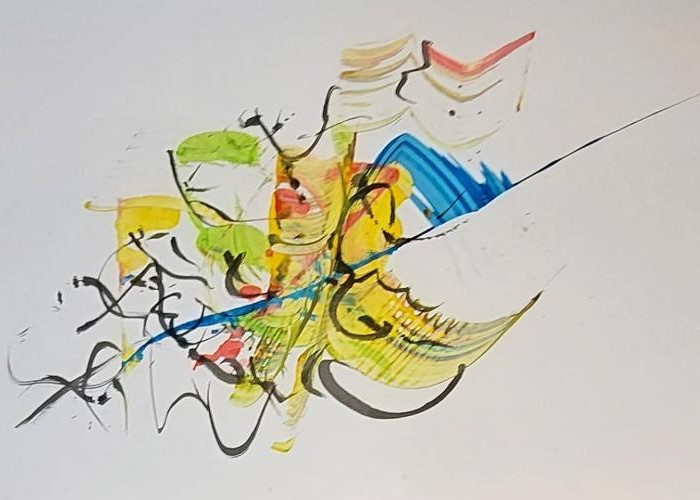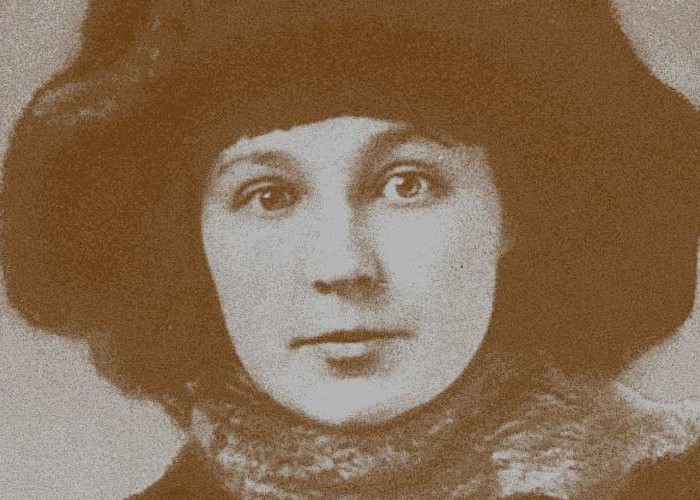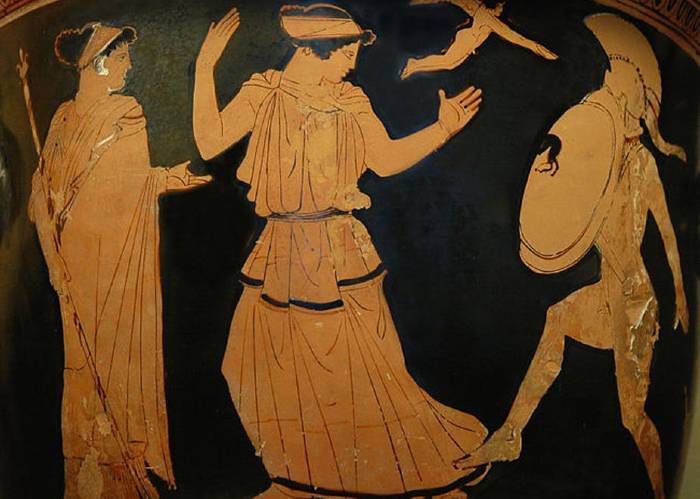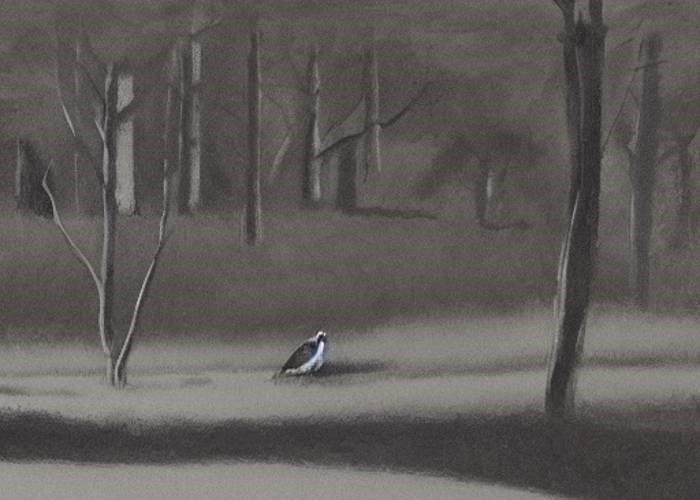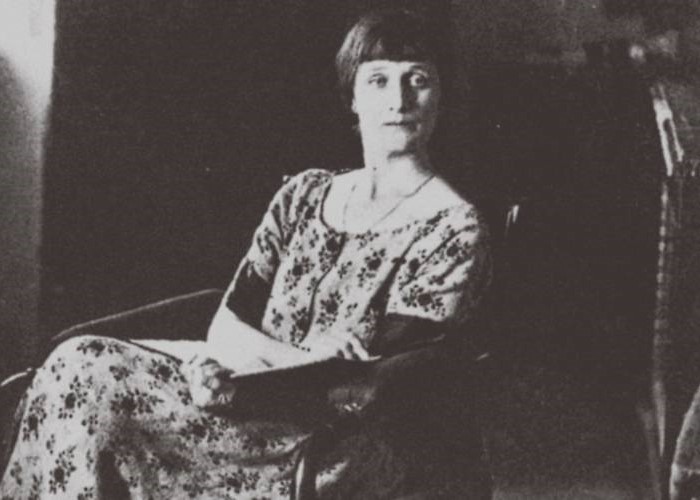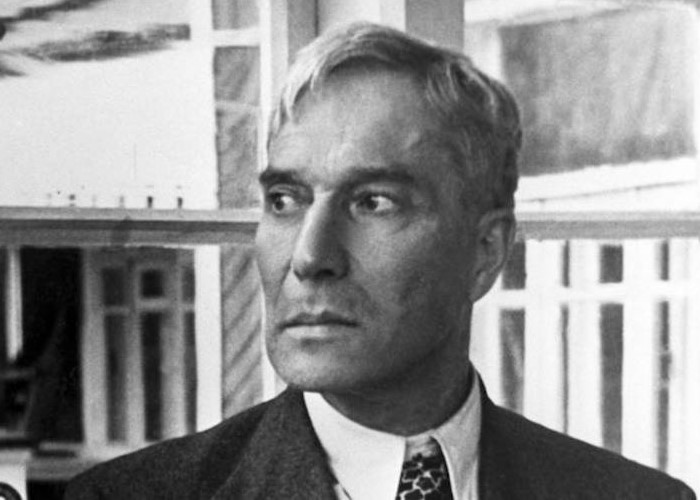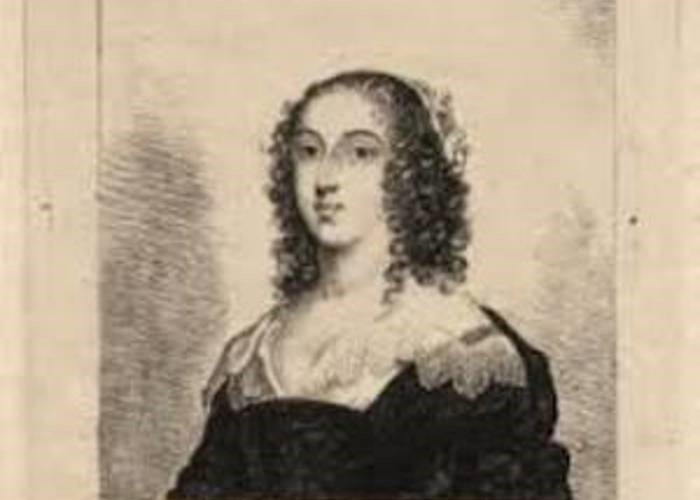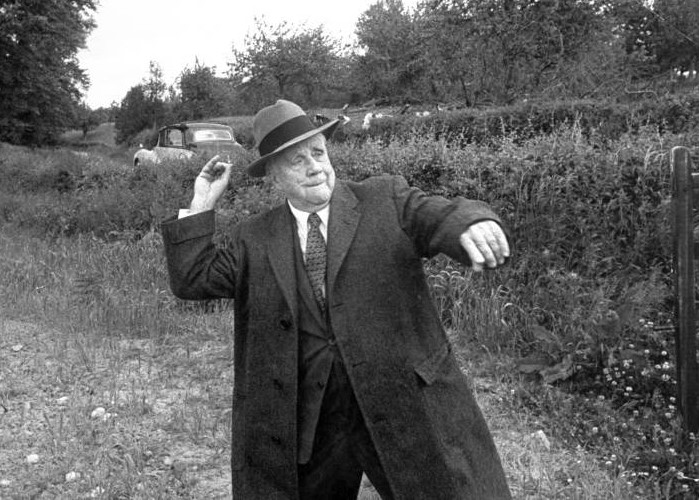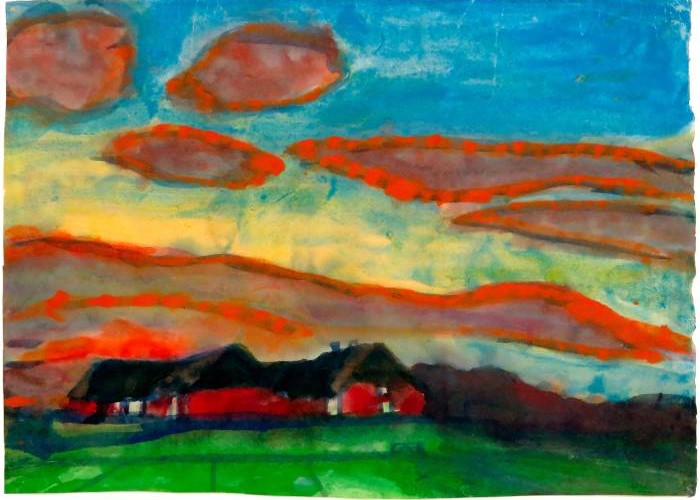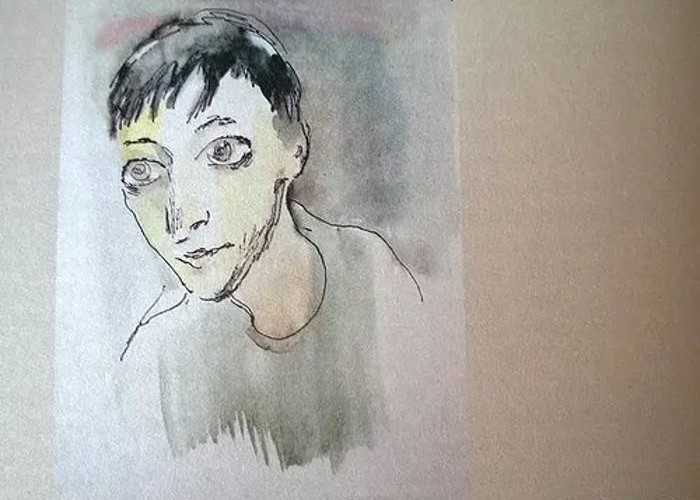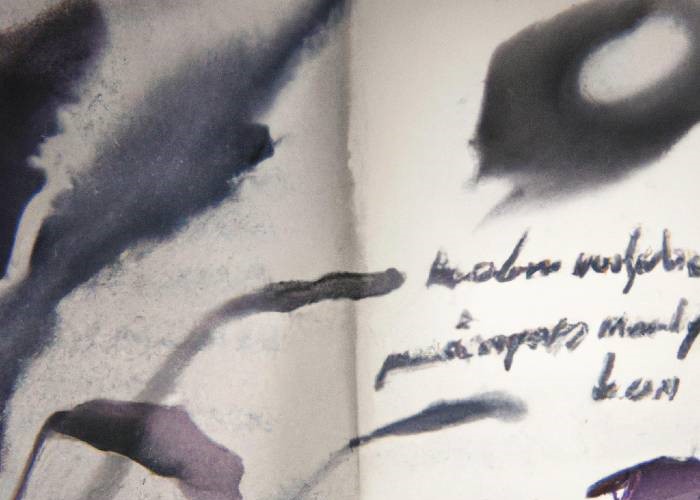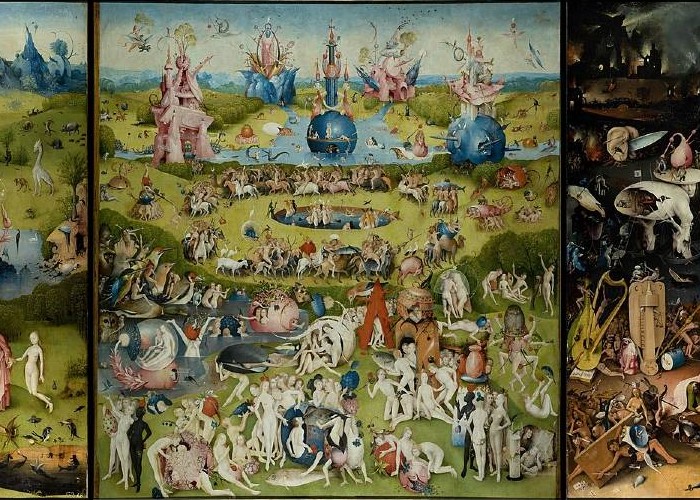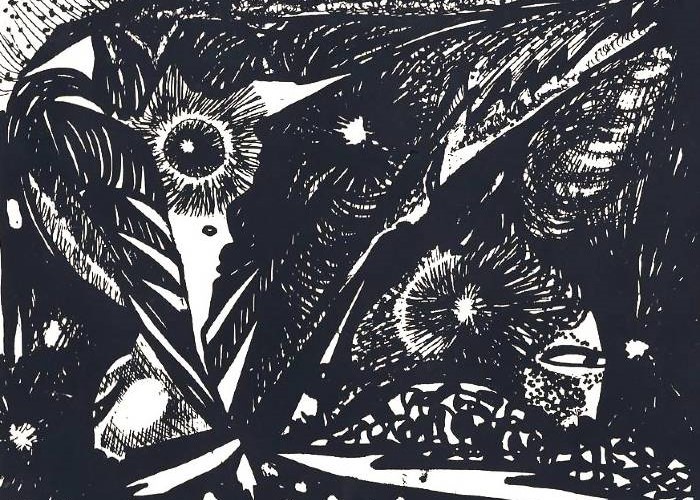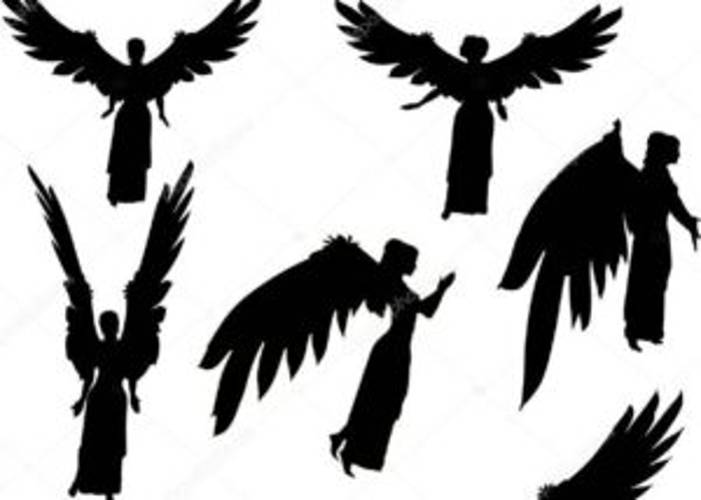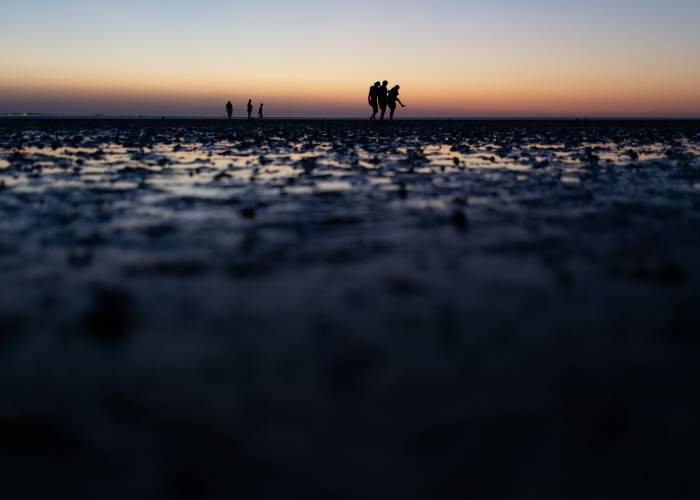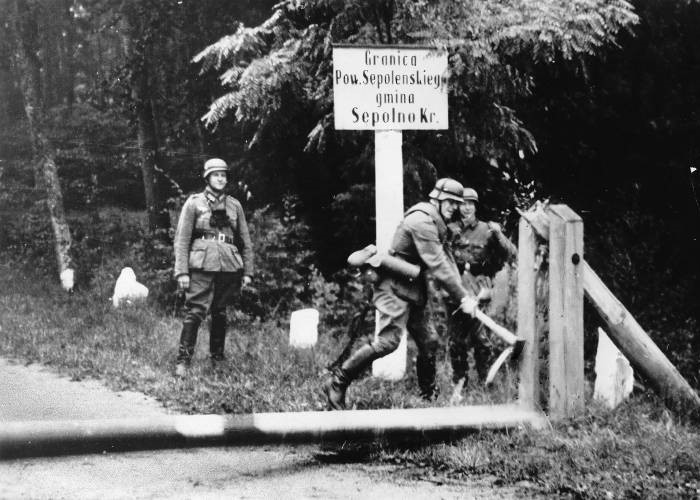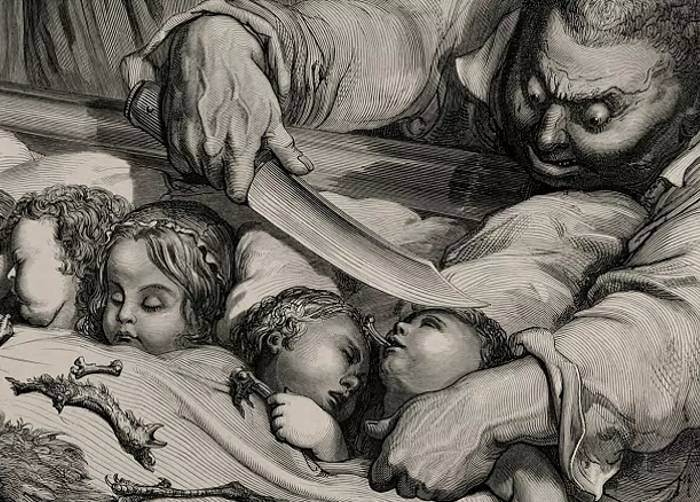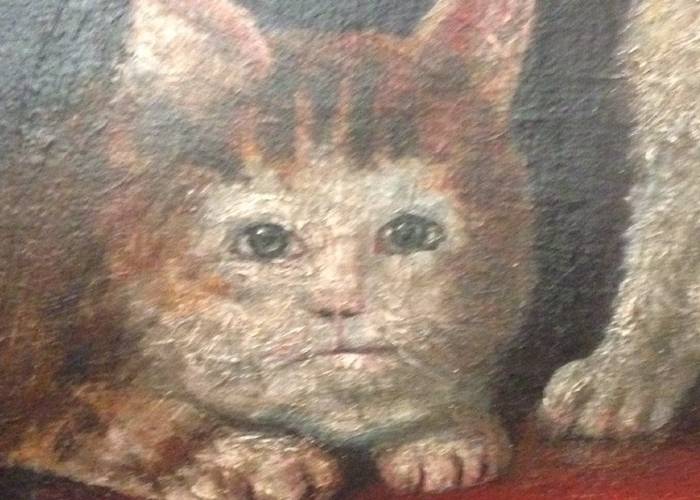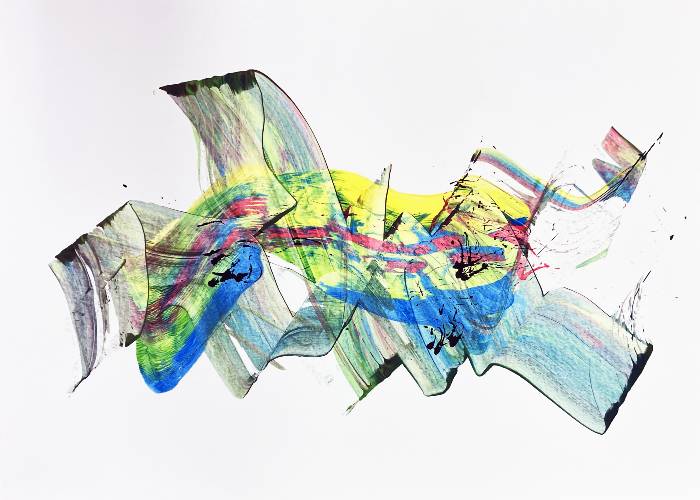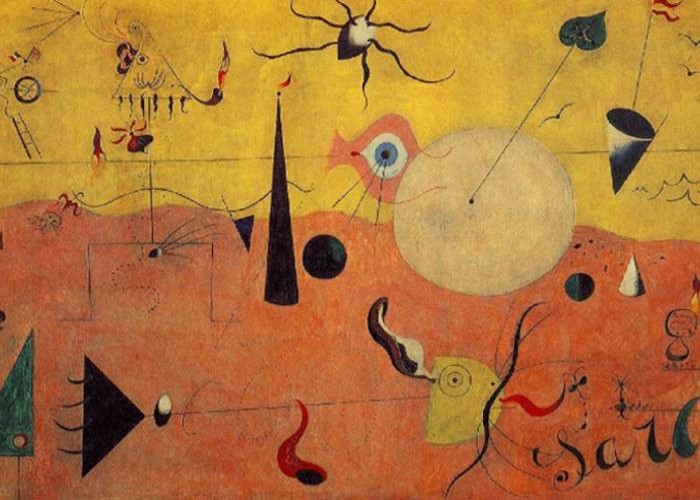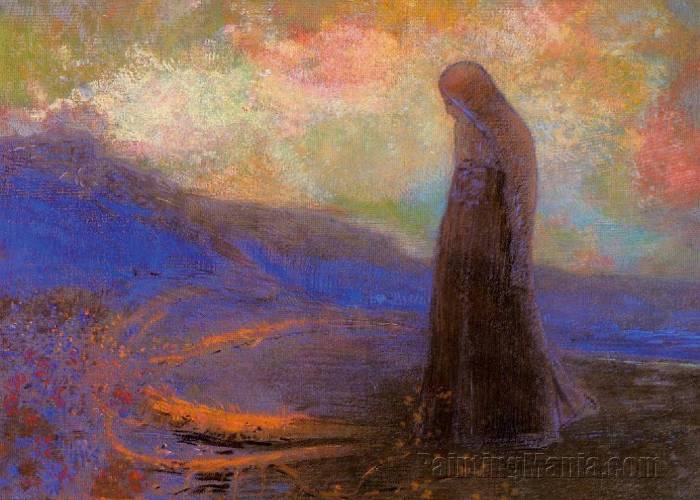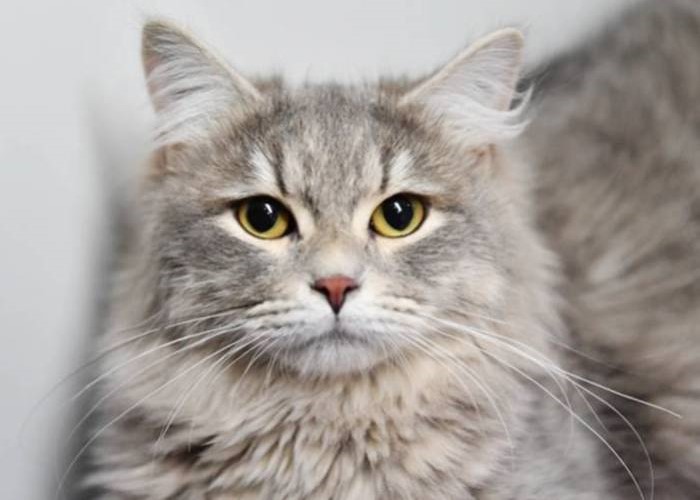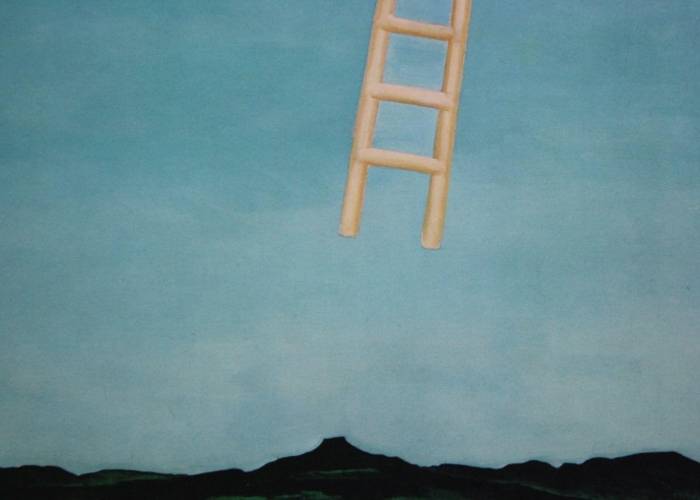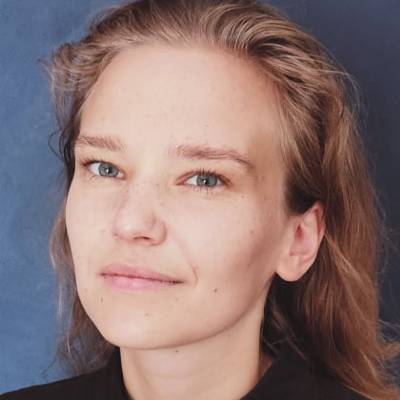She kept all her belongings in a small wooden trunk
where she hid her despair among linens.
Nightgown billowing in the wind,
she climbed to the sky each evening
on her thin ladder:
Our Father, who art in heaven, hallowed be Thy name
Why did you make the world bruised
and blood-warm?
Thy kingdom come; Thy will be done on earth as it is in heaven
Why did you let them take my husband and sons away to prisons?
Give us this day our daily bread and forgive us our trespasses
Why did you give the burden to carry on living to me?
I can’t do it.
As we forgive those who trespass against us
Here it is, translucent,
quivering like an egg
still unformed inside the hen:
my life
with no protective shell.
And lead us not into temptation
Take it.
But deliver us from evil
And I’ll only keep this prayer
for my family’s return,
Amin.
Bunica mea îşi rezema scara pe luna
Ţinea tot ce-avea într-un cufăr mic de lemn
unde-şi ascunsese disperarea printre rufe.
Cu cămaşa de noapte fluturând în vânt,
în fiecare seara se urca la cer
pe scara ei subţire:
Tatăl nostru care eşti în ceruri, sfinţească-se numele Tău
ce-ai facut lumea învineţită
şi caldă ca sângele?
Vie împărăţia Ta, facă-se voia ta, precum în cer aşa şi pe pământ
De ce i-ai lasat să-mi ducă bărbatul şi fiii în puşcării?
Pâinea noastră cea de toate zilele, dă-ne-o nouă astăzi şi ne iartă nouă greşelile noastre
De ce mi-ai dat mie greutatea de-a continua să trăiesc?
Nu pot s-o duc.
Precum şi noi iertăm greşiţilor noştri
Iat-o, translucidă,
tremurând ca oul
încă neformat înlăuntrul găinii:
viaţa mea
fără de coaja-i protectoare.
Şi nu ne duce pe noi în ispită
Ia-o.
Ci ne izbăveşte de cel rău
Şi-o să pastrez doar rugăciunea asta
pentru întoarcerea familiei mele,
Amin.
Моя бабушка поставила лестницу напротив луны
Она хранила свои вещи в маленьком деревянном сундуке
там она прятала свое отчаяние среди простыней.
Ночная рубашка, волнующаяся на ветру,
она карабкалась на небо каждый вечер
по хлипкой лестнице:
Отче наш, сущий на небесах! Да святится имя Твоё
Почему синяки у мира, созданного тобой,
и кровь тепла?
Да приидет Царствие Твоё; да будет воля Твоя и на земле, как на небе
Почему ты позволил им забрать моего мужа и сыновей в тюрьму?
Хлеб наш насущный подавай нам на каждый день; и прости нам грехи наши
Почему дал мне бремя жизнь продолжать?
Я не могу.
Как мы прощаем должников наших
Вот же, прозрачное
и дрожащее, как яйцо,
еще внутри курицы, полуоформленное
моя жизнь
без защитной раковины.
И не введи нас во искушение
Возьми ее.
Но избави нас от лукавого
А я только молитву сохраню
о возвращении моей семьи.
Аминь.
English and Romanian texts are the author’s; Russian translation is by Ekaterina Belousova
